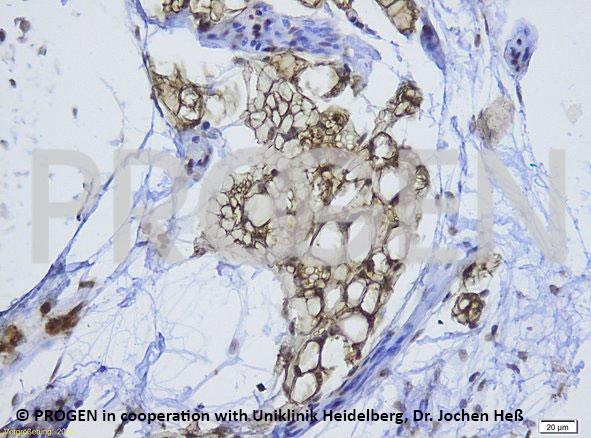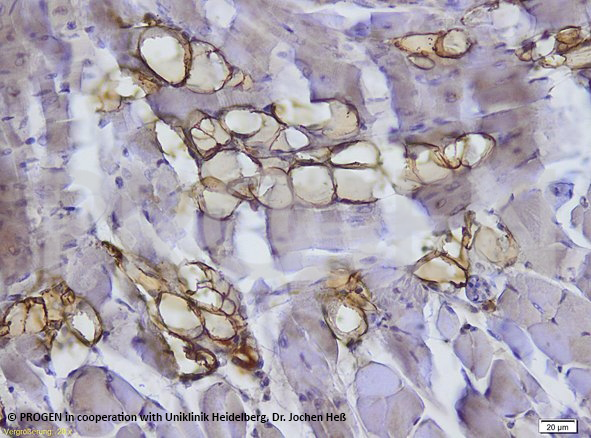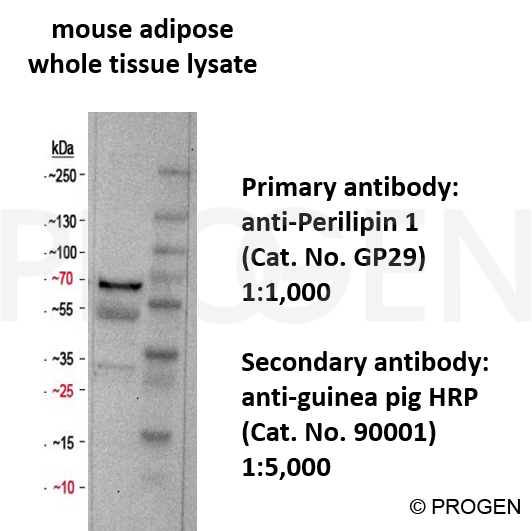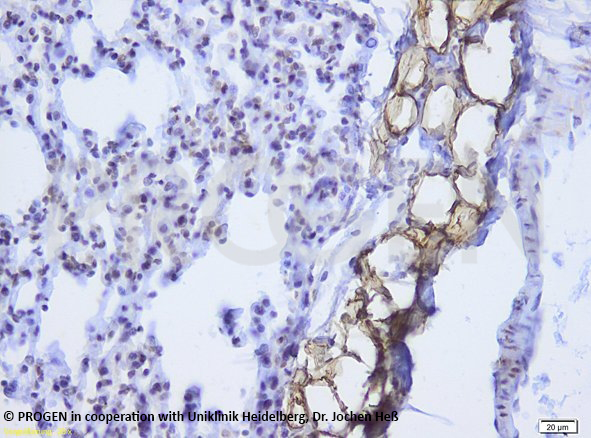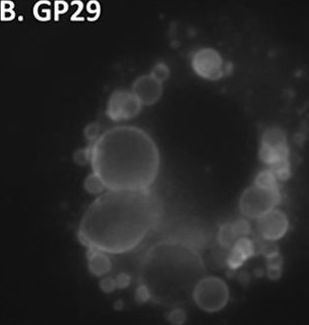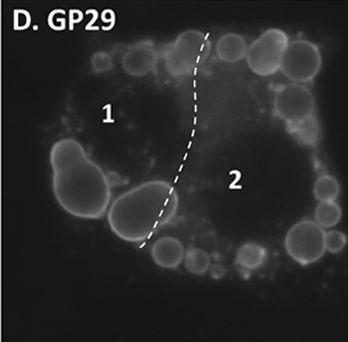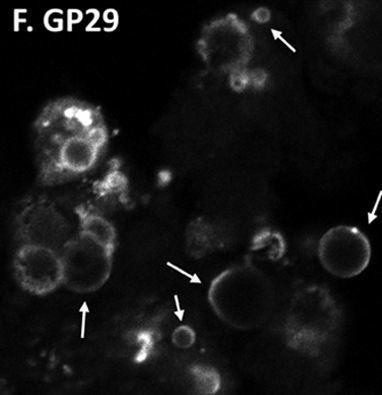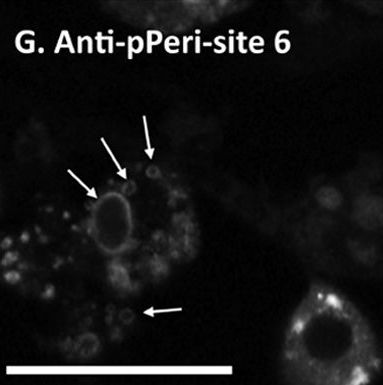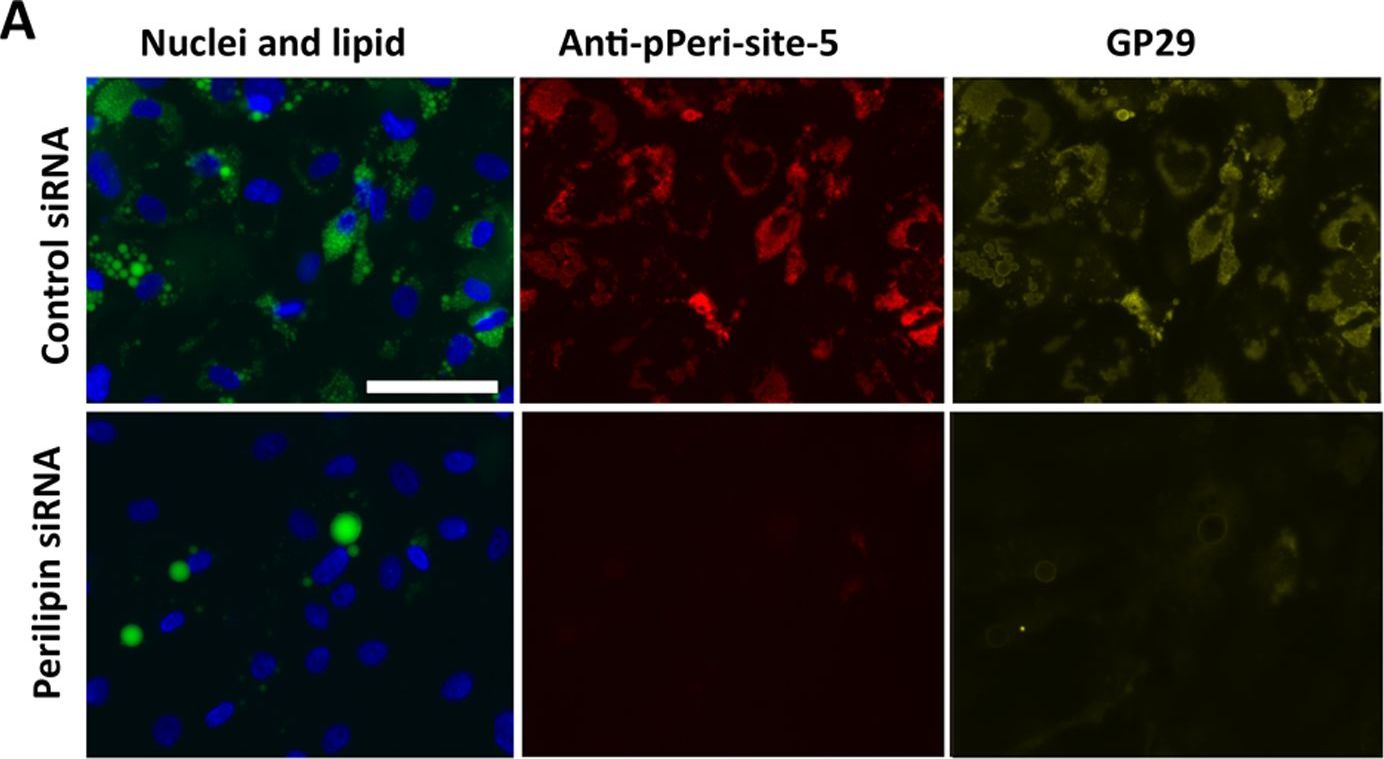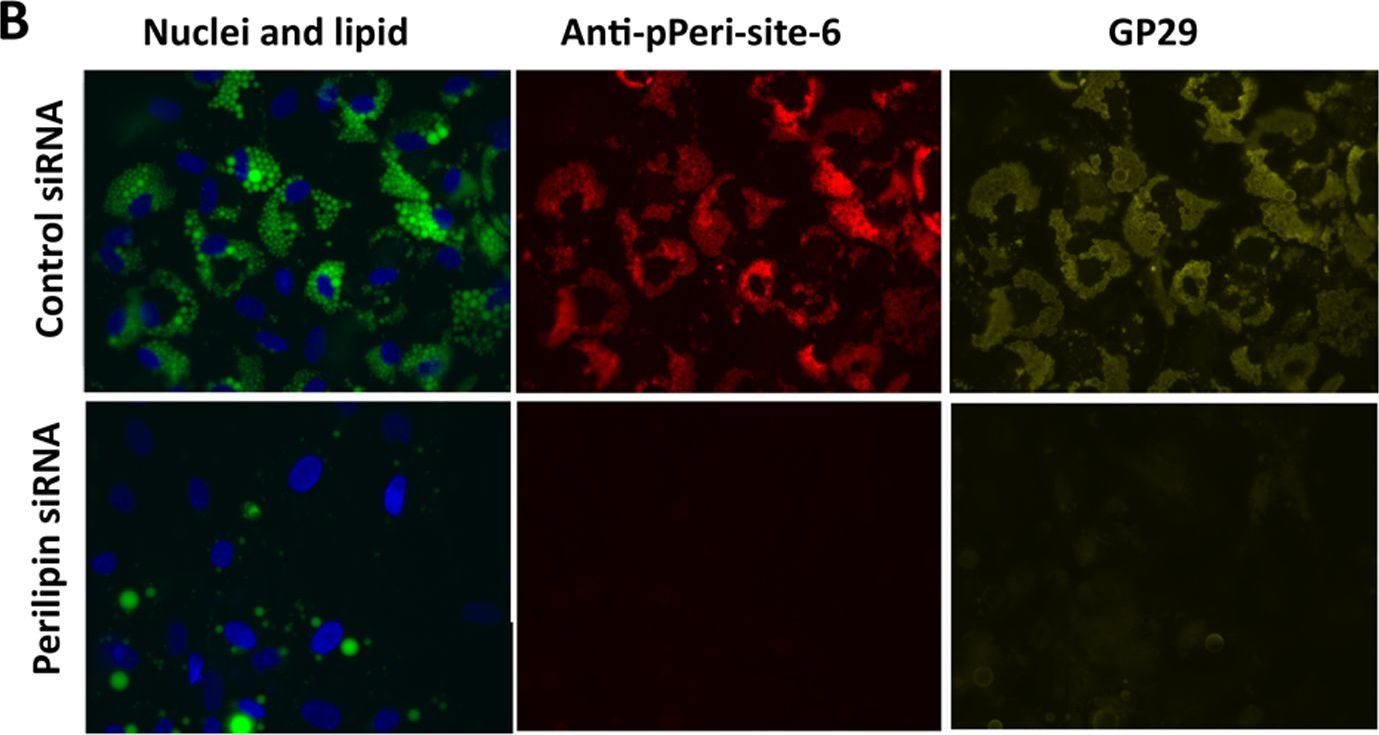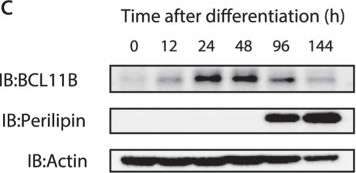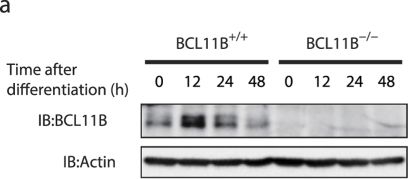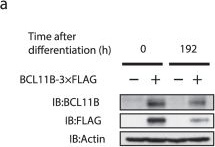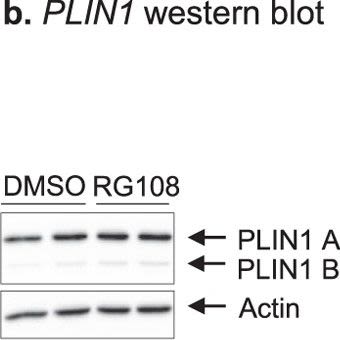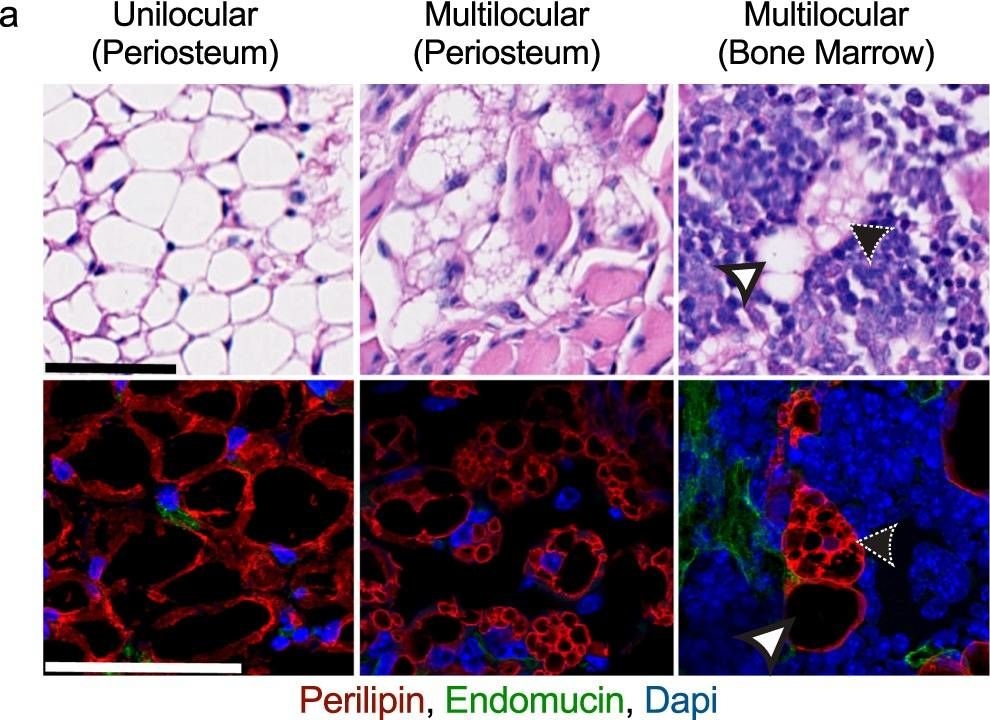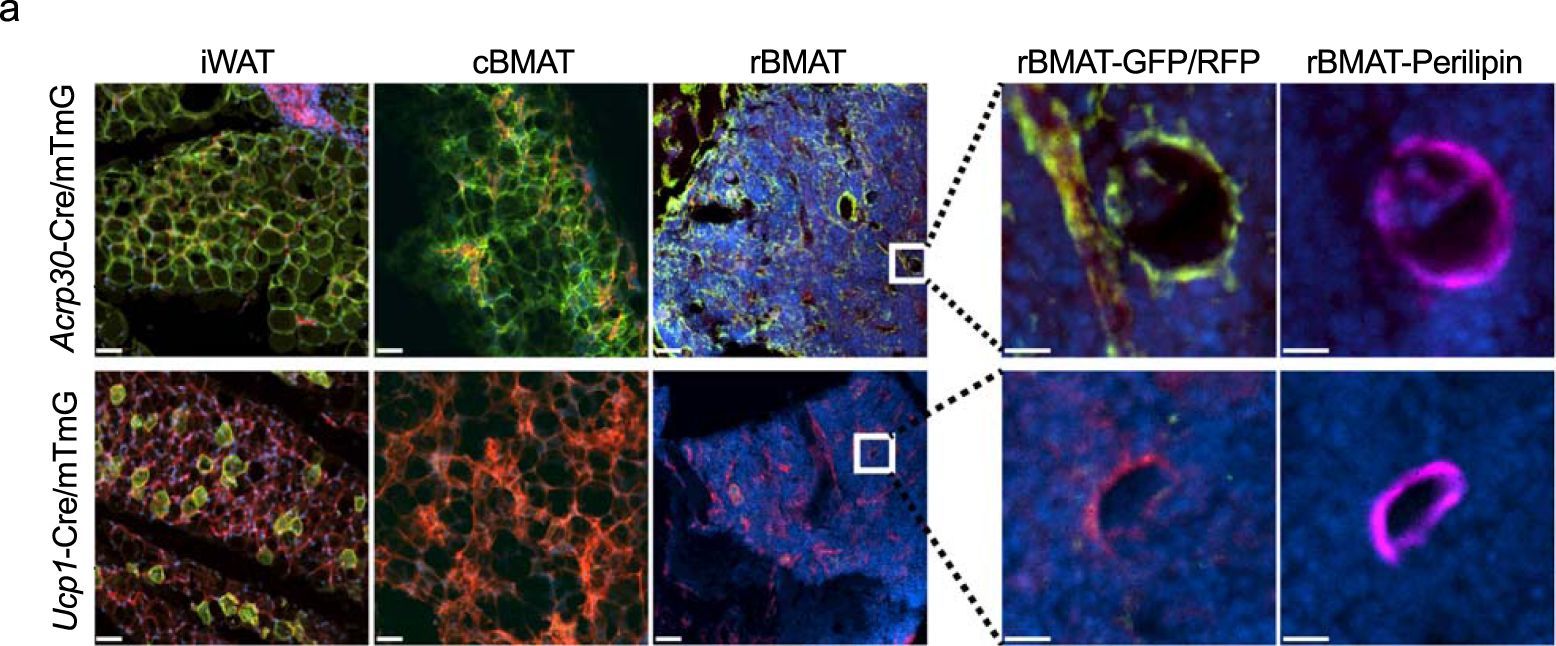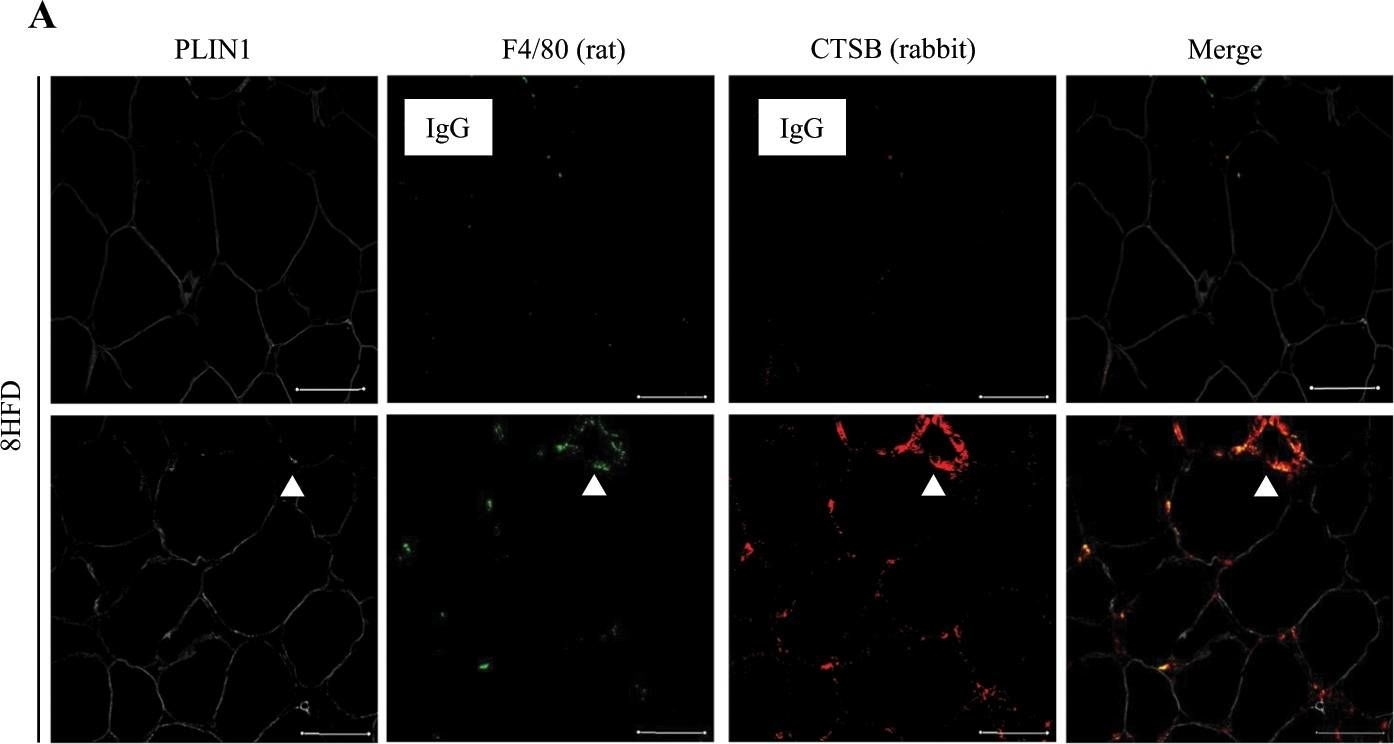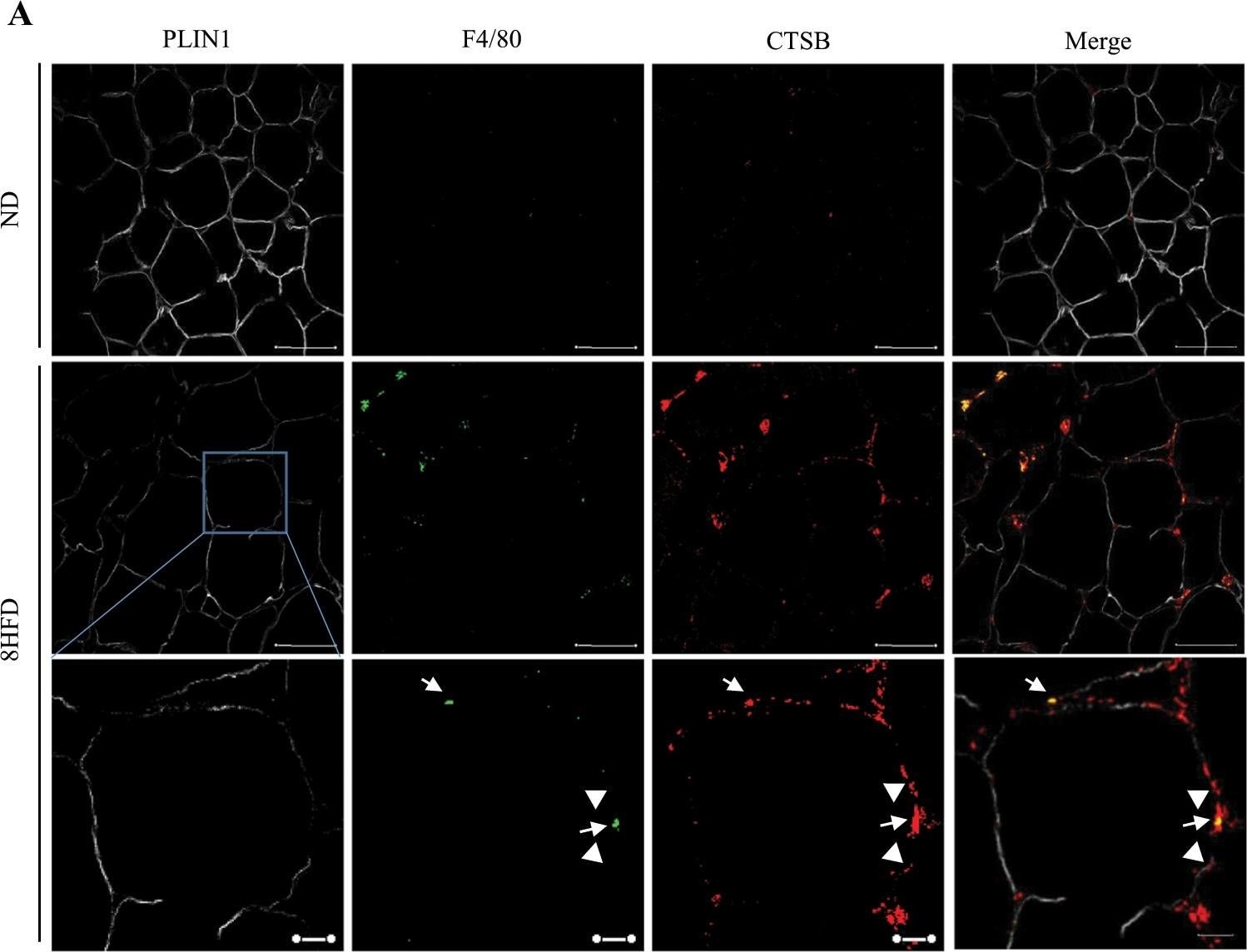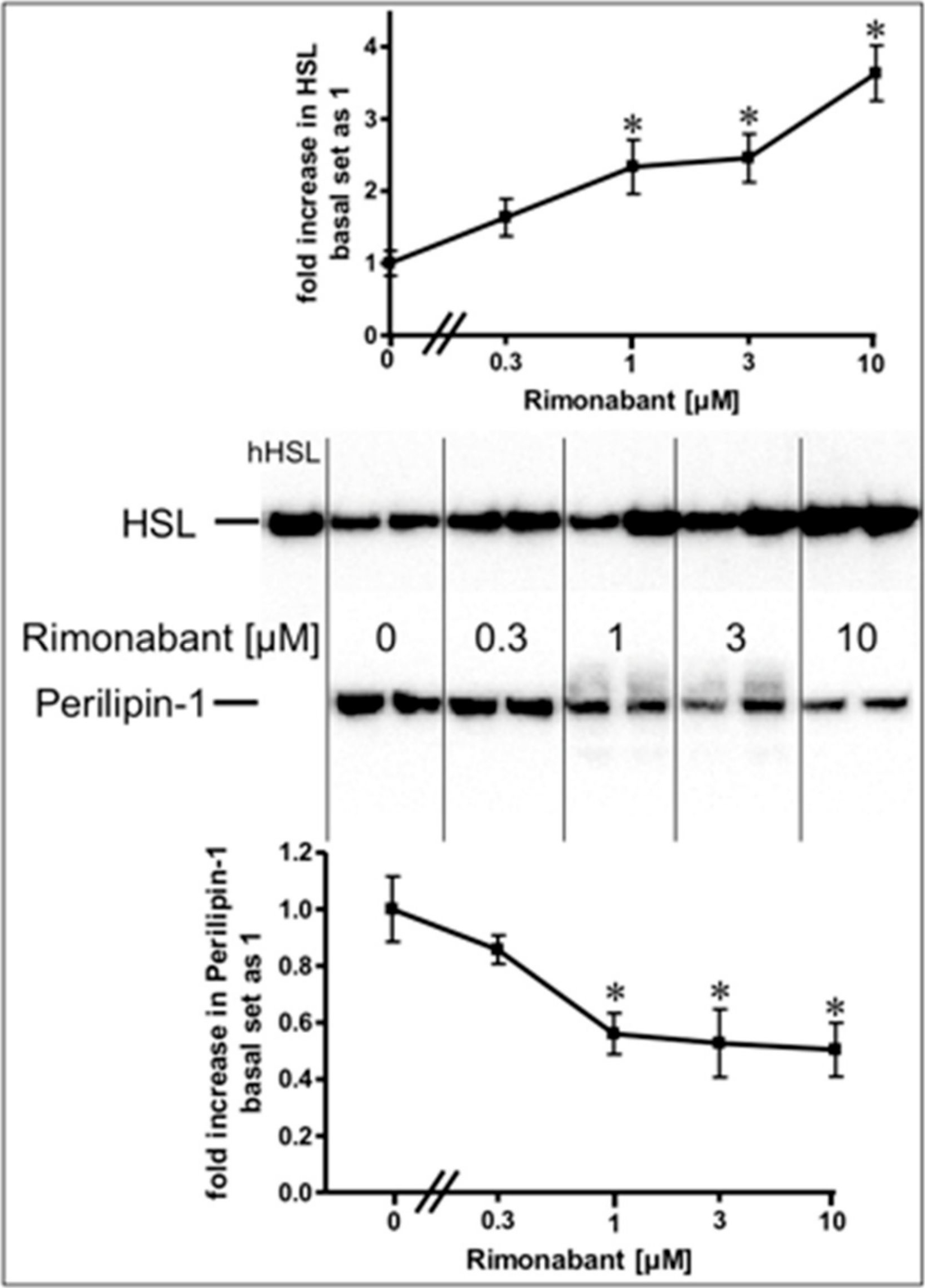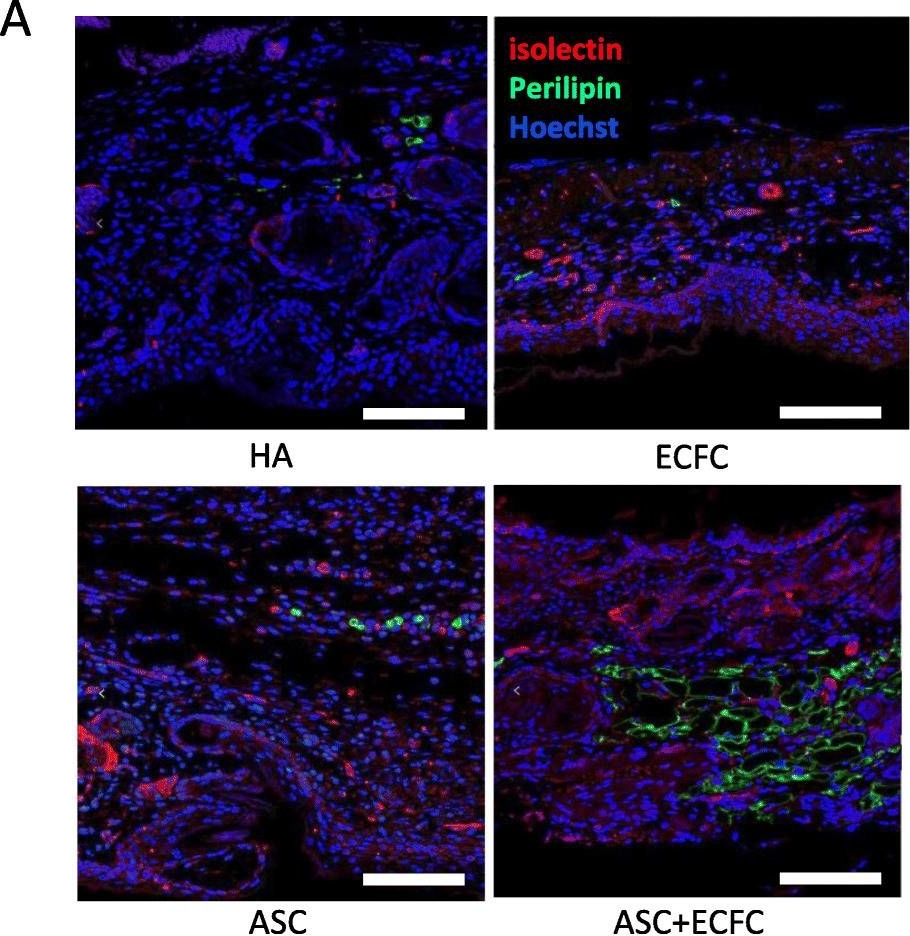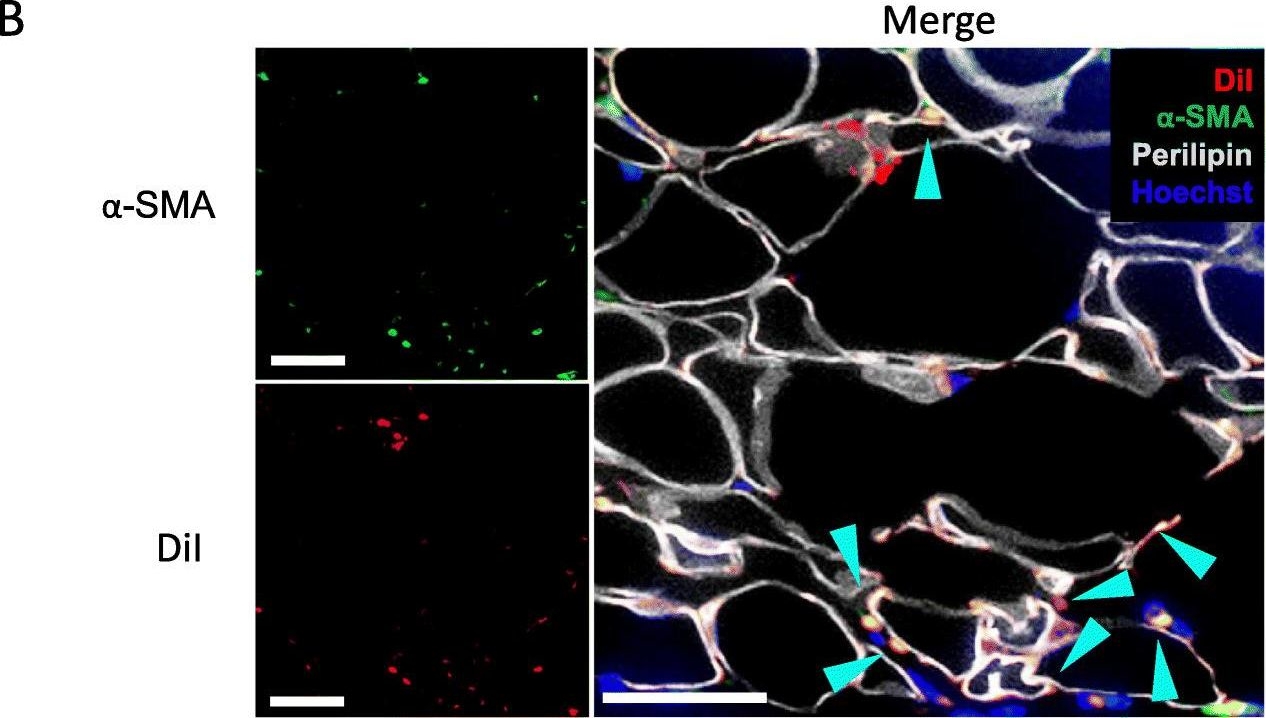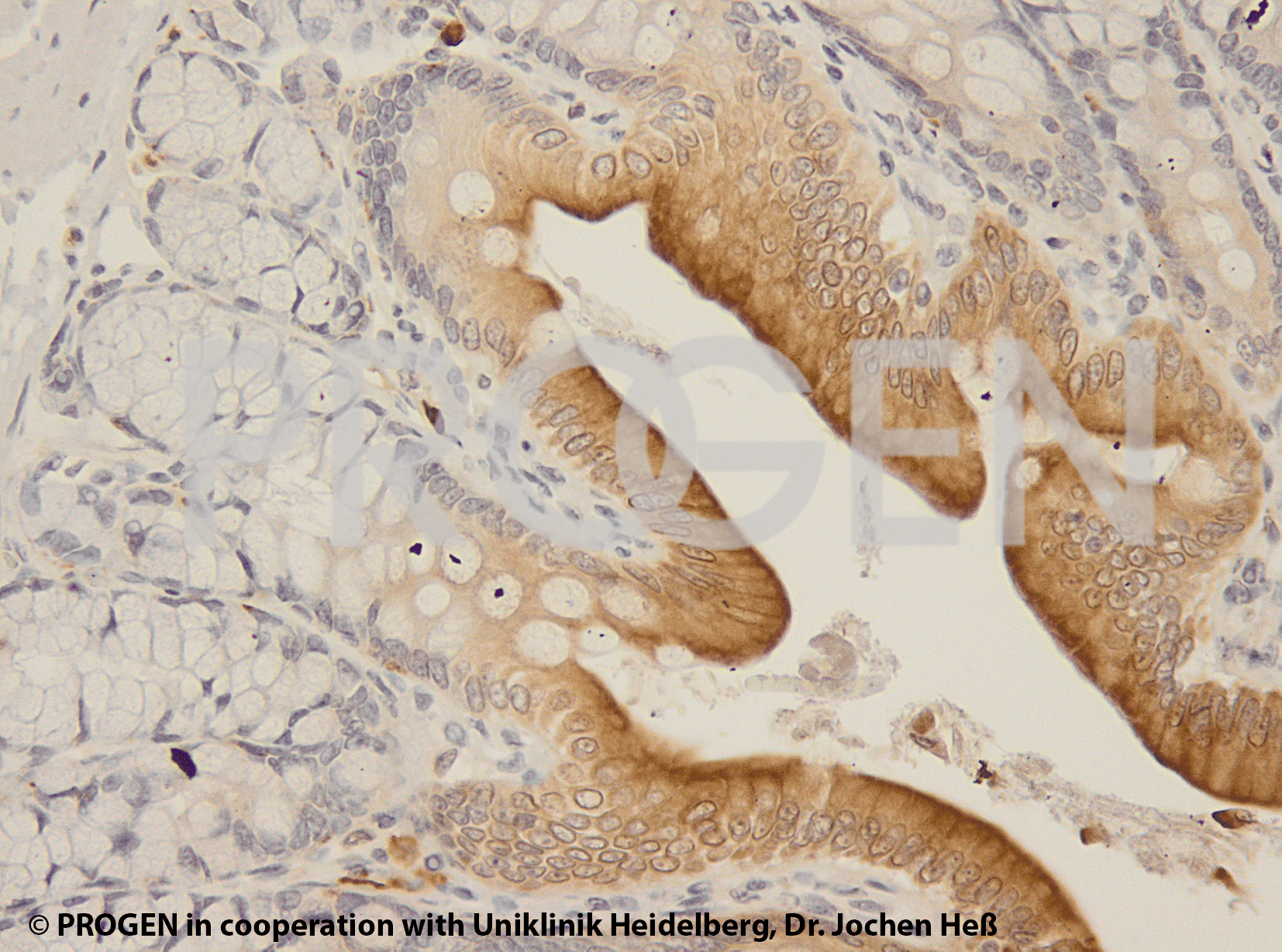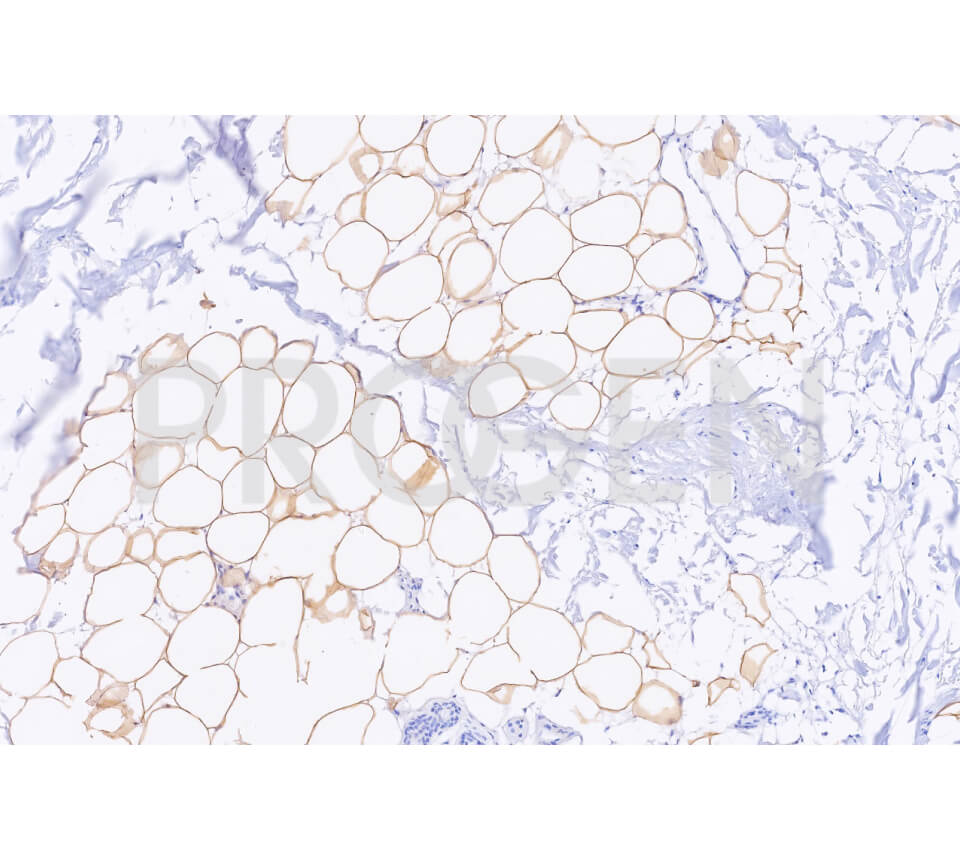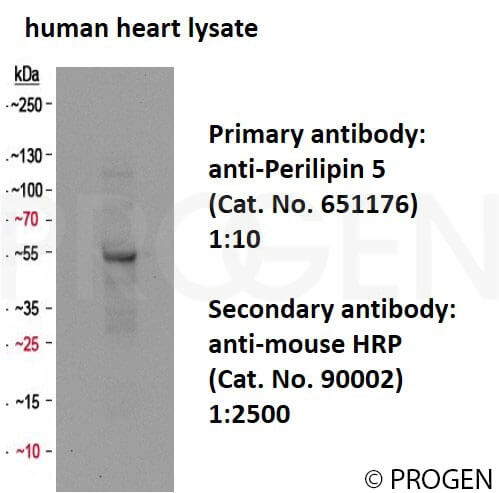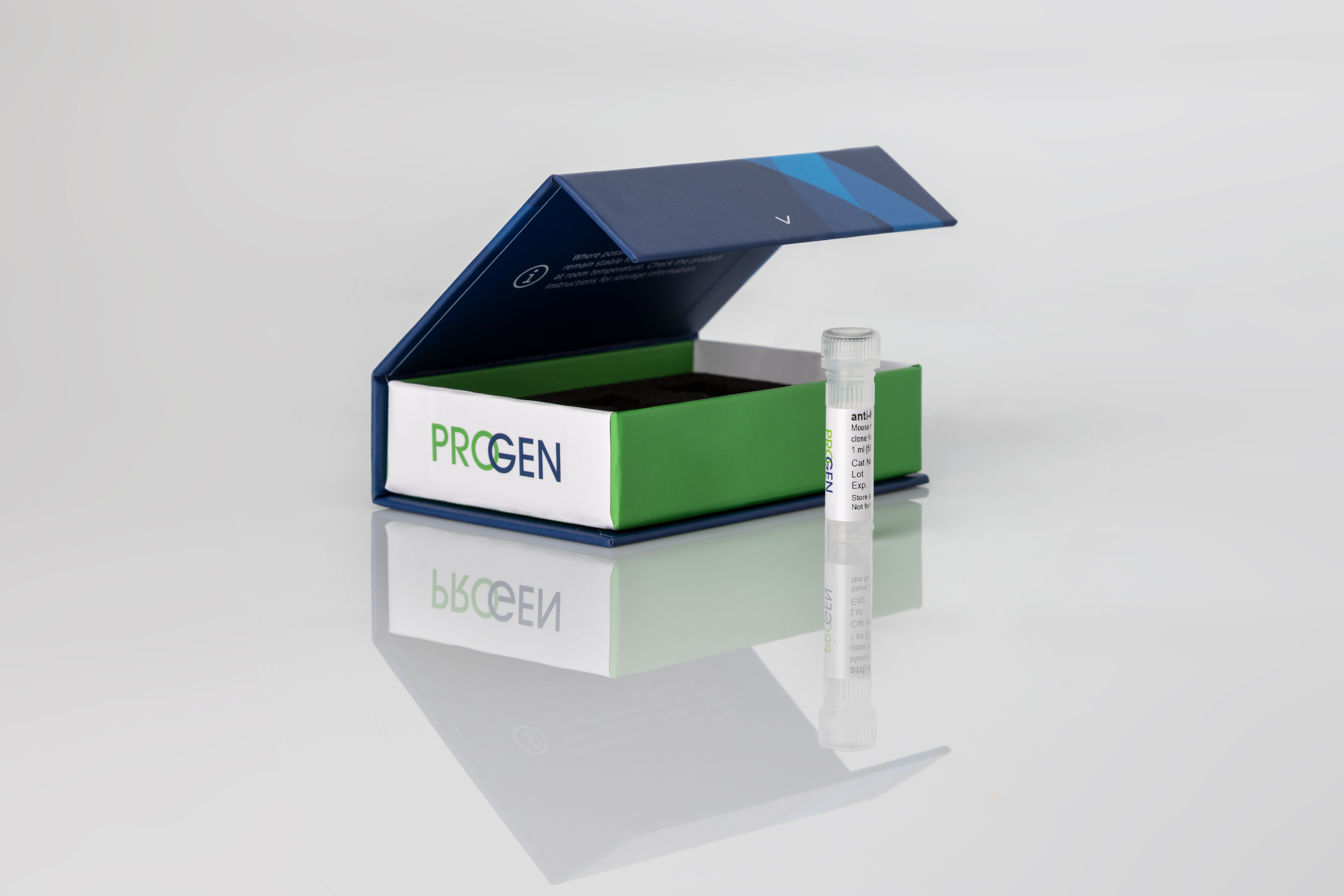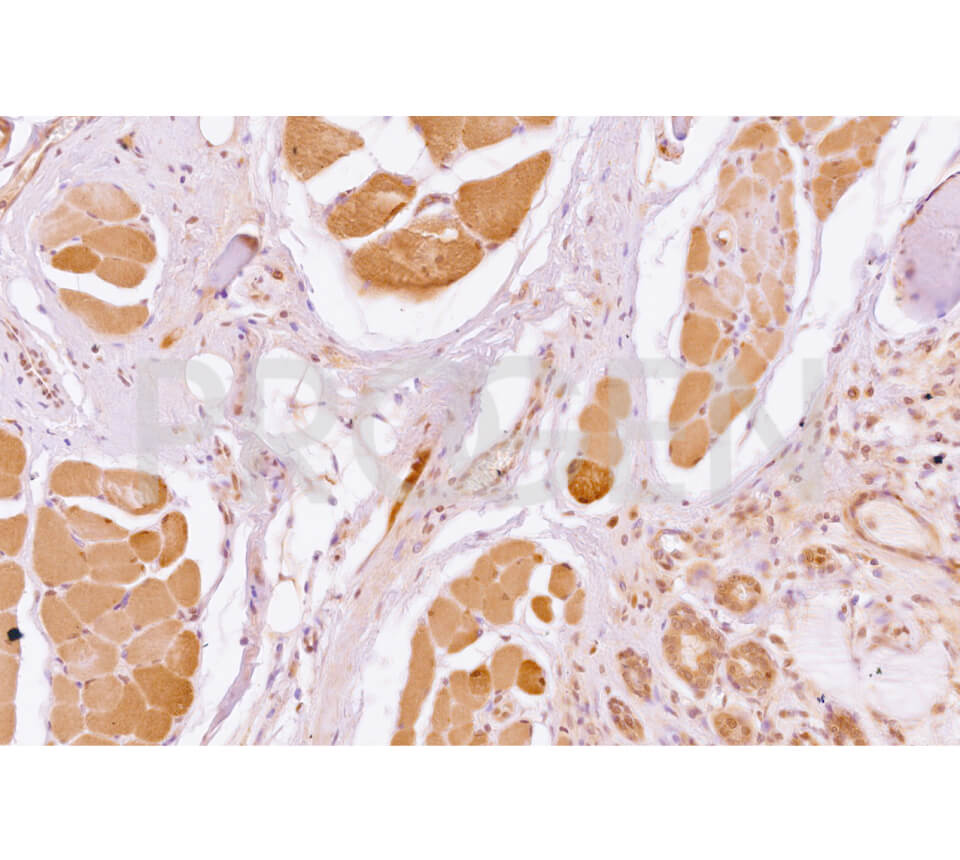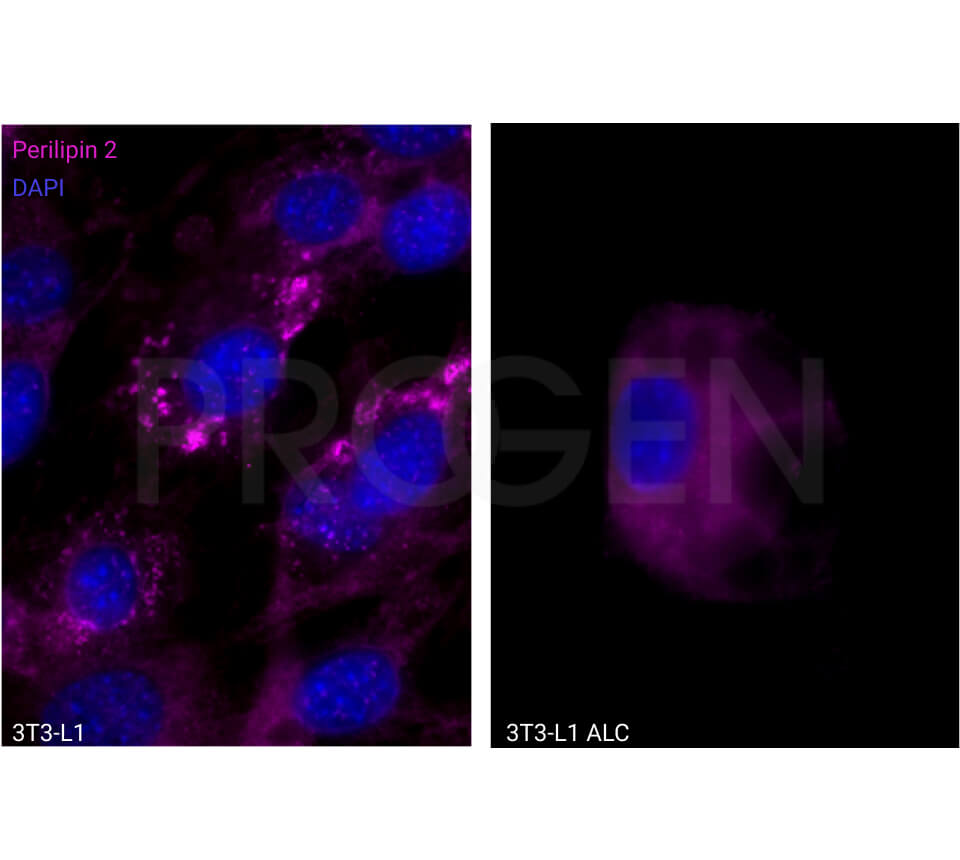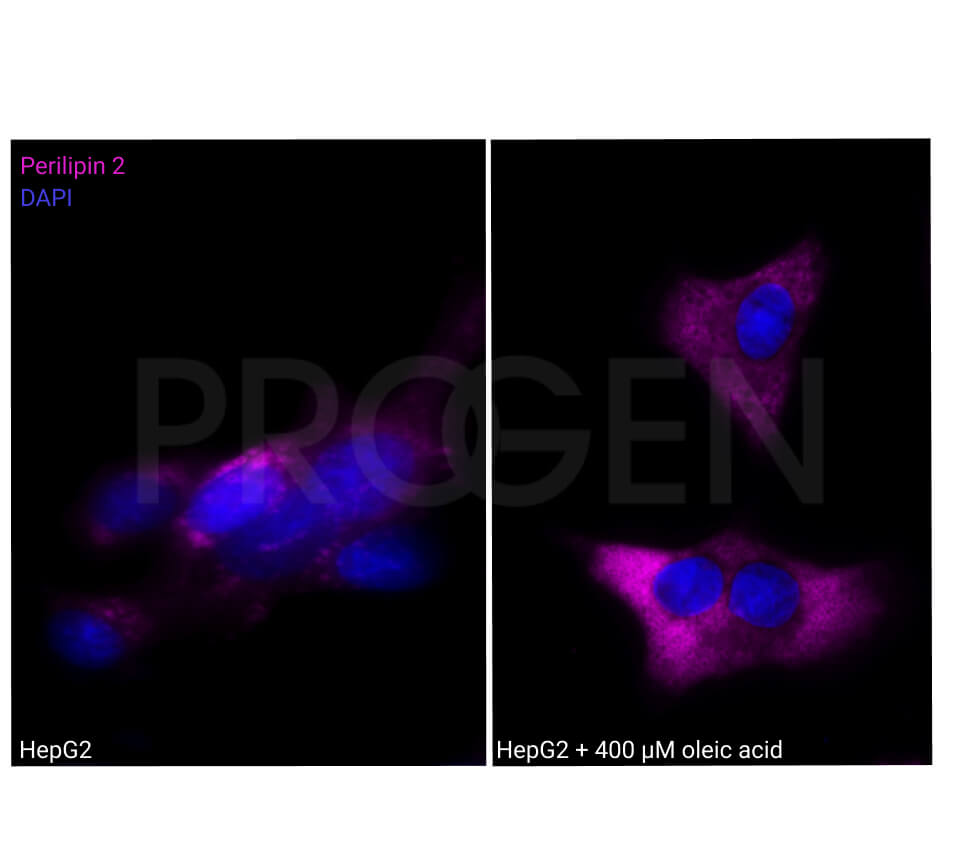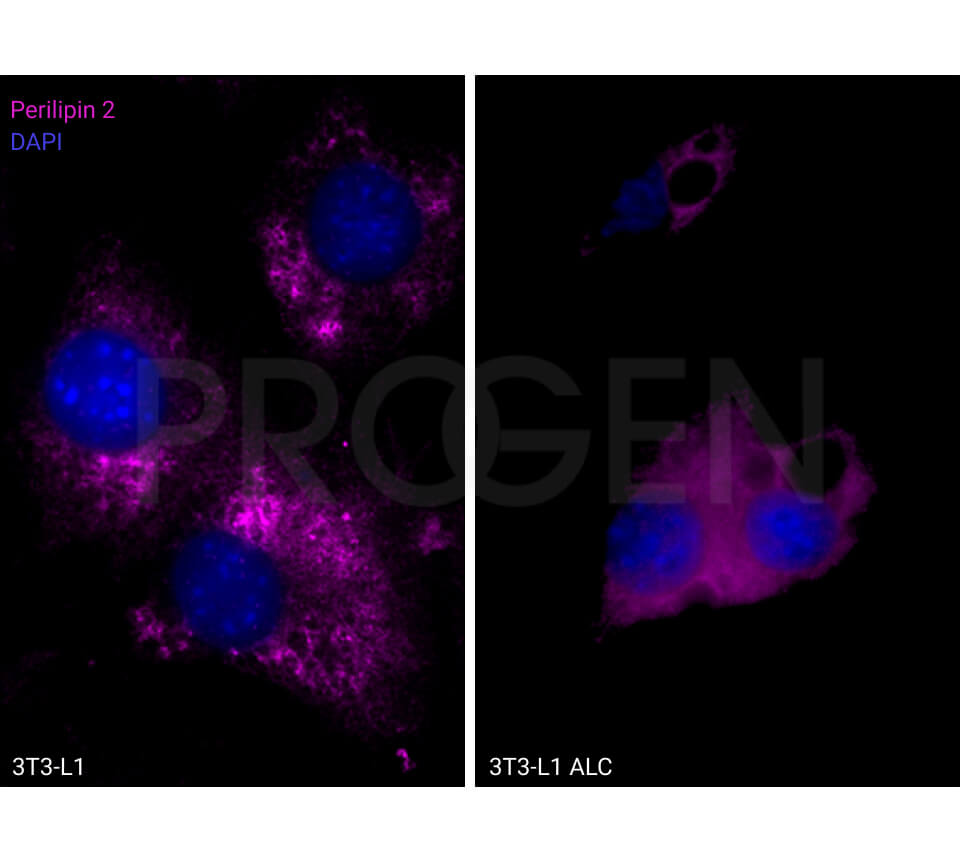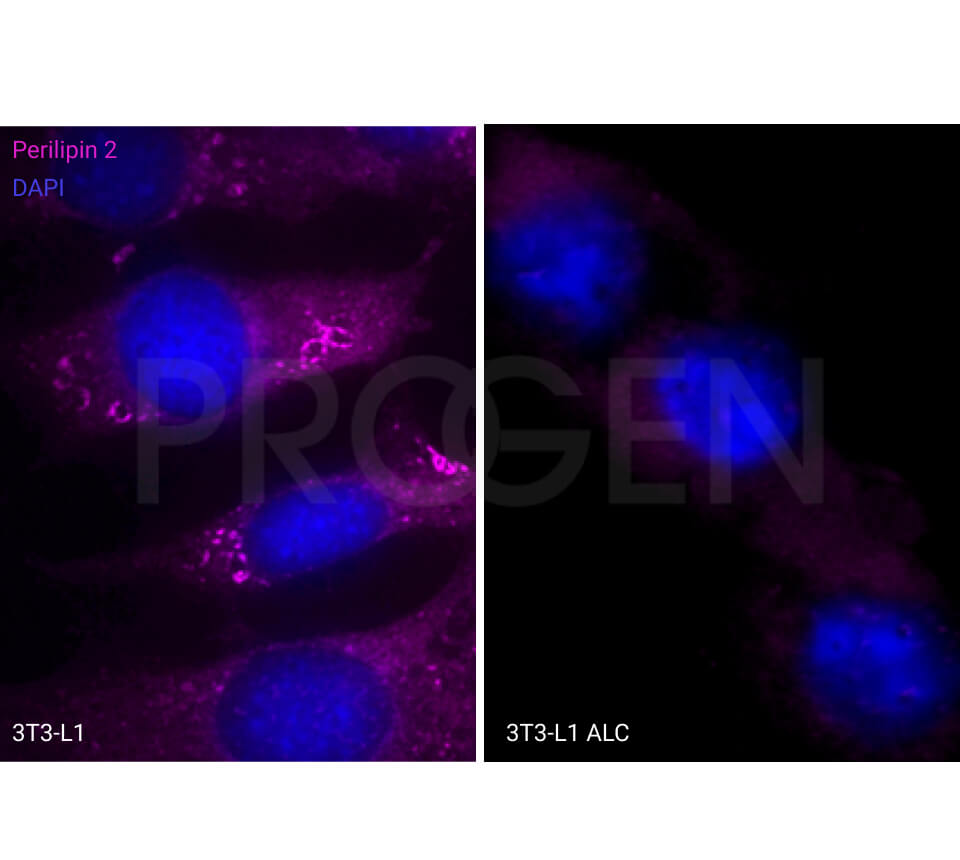anti-Perilipin 1 (N-terminus) guinea pig polyclonal, serum
- Stabilized antiserum
- Guinea pig polyclonal
- Suitable for IHC and WB
- Reacts with mouse and rat
Product description
| Quantity | 100 µl |
|---|---|
| Antibody Type | Polyclonal |
| Host | Guinea pig |
| Conjugate | Unconjugated |
| Application | IHC, WB |
| Purification | Stabilized antiserum |
| Reactivity | Mouse, Rat |
| No reactivity | Human |
| Storage | Short term at 2-8°C; long term storage in aliquots at -20°C; avoid freeze/thaw cycles |
| Intended use | Research use only |
| Immunogen | Duplicated N-terminus of mouse/ rat perilipin / PLIN1 (aa 1-20); MSMNKGPTLLDGDLPEQENV-C |
| Formulation | Contains 0.09% sodium azide |
| UniprotID | Q8CGN5 (Mouse), P43884 (Rat) |
| Note | Centrifuge prior to opening |
Applications
| Tested applications | Tested dilutions |
|---|---|
| Immunohistochemistry (IHC) - frozen | 1:100-1:500 |
| Immunohistochemistry (IHC) - paraffin | 1:100-1:500 (microwave treatment recommended) |
| Western Blot (WB) | 1:1,000-1:2,000 |
Background
Perilipins build a family of phosphoproteins. The predominant forms in adipocytes, PLIN1 A and B arise by alternative RNA splicing from a single gene, generating polypeptides of 57 and 46 kDa, respectively. The N-terminus, however, remains unchanged.
The antiserum reacts specifically with PLIN1 (A and B) located at the surface of intracellular storage lipid droplets present e.g. in the adrenal gland, adipocytes of white and brown adipose tissue and cultured cells such as 3T3-L1 adipocytes and cultured steroidogenic adrenal cortical and Leydig cells.
It also is a useful pathological marker since PLIN1 becames expressed de novo in hepatocyte steatogenesis.
The antiserum does not cross-react with ADRP (adipophilin, also named PLIN2) or TIP47 (also named PLIN3) proteins (or additional members of the PLIN/PAT-family, e.g. MLDP or OXPAT/PAT-1, also named PLIN5 or LSDP5).
References/Publications (38)
Downloads
Q & A's
Customer Reviews
Login
FAQs
- PVDF membranes show better results than nitrocellulose (higher capacity, allows for more stringent washing conditions in case of background problems).
- Use freshly prepared blocking solution (e.g. 5% nonfat dry milk, 0.05% Tween 20), block for at least 1 h at room temperature.
- Use the antibody in a higher dilution, but prolong incubation time and exposure time.
- Always use a fresh aliquot of the antibody.
- Do not repeatedly freeze the antibody (eventually centrifuge shortly after thawing to remove cryo-precipitates).
- Include an additional washing step.
You might also try more stringent wash conditions, e.g. add 0.5 M NaCl to the wash buffer. - Always use a fresh aliquot of secondary antibody.
- In case you use ECL most the guinea pig antibody should be diluted further in order to get rid of the background.
- 3T3-L1 after stimulation
- Adipose tissue
- Steatosis liver
- Atherosclerotic plaque material
The supernatant format contains FCS proteins from cell culture medium supplemented with FCS.
The serum antibodies contain other proteins present in serum.
Most of our liquid antibodies and reconstituted lyophilized antibodies may be stored for short term storage (up to 3 month) at 2-8°C. For long term storage we recommend to store the antibody at -20°C in aliquots. Please avoid freeze and thaw cycles.
Most of our conjugated antibodies should be stored at 2-8°C.
The individual storage conditions are mentioned on the datasheet.
- Methanol/ acetone fixation: Immerse slide in precooled (-20°C) methanol for 5 min, immerse in precooled (-20°C) acetone for 30-60 sec, let specimen air dry before antibody incubation.
- Methanol/ acetone fixation plus detergent permeabilization: After methanol/ acetone fixation and air-drying dip slide either in a solution containing 0.1-0.2% Triton X-100 in PBS or in 0.1% saponin in PBS for 1-5 min at room temperature (enhances accessibility of many cytoskeletal antigens).
- Air-drying of the section.
- Block with the serum of the species in which the secondary antibody was raised for 30 min.
- Incubation with 1st antibody 1 h at RT in moist chamber.
- Wash 3x with PBS.
- Incubation with appropriate fluorescent secondary antibody, 30-60 min at RT.
- Wash 3x with PBS.
- Immerse shortly into ethanol.
- Let air dry.
- Cover with mounting medium.

